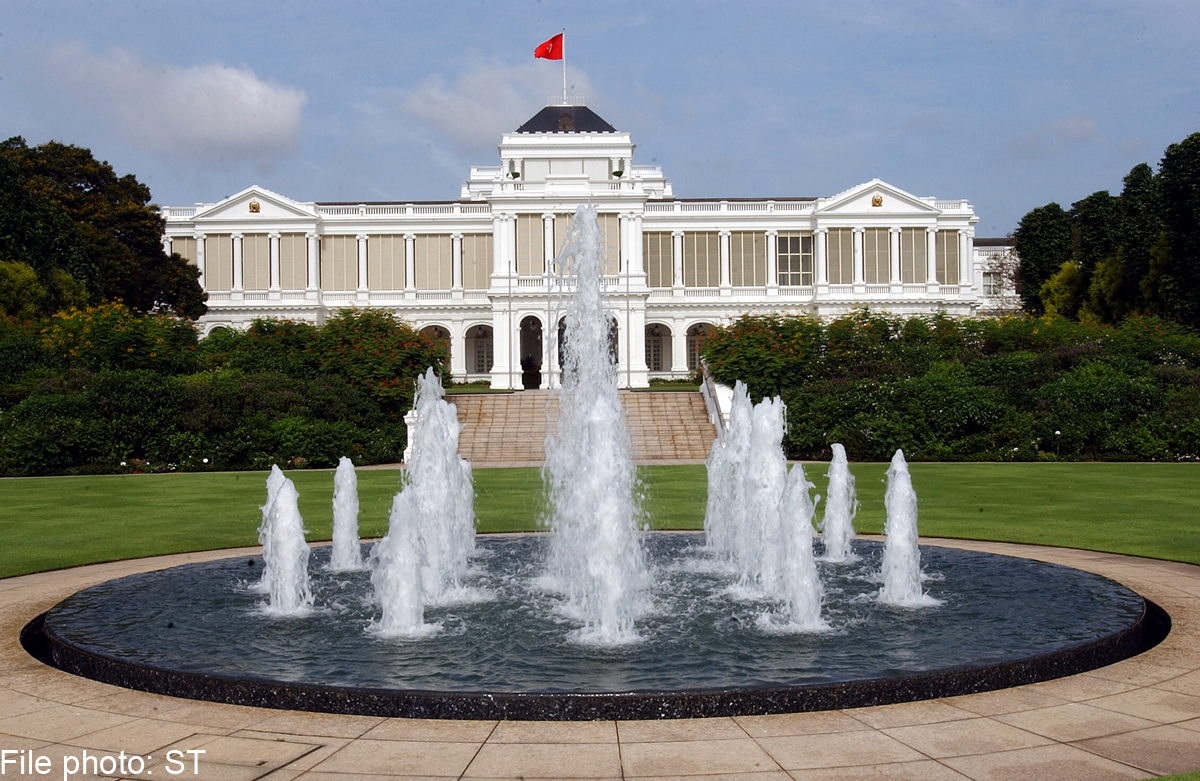Singaporeans will vote in the first contested presidential election this Friday in 10 years. This vote tests public opinion of the ruling party, hit by recent scandals.
The president’s role is mostly ceremonial but important. The president oversees the city’s financial reserves and can veto certain decisions.
They also approve investigations into corruption.
In 2017, President Halimah Yacob won a six-year term unopposed. Prime Minister Lee Hsien Loong has led the city-state since 1959 through the People’s Action Party (PAP).
Experts say this vote will hint at the party’s support for the 2025 general elections. The ruling party has faced a corruption case and lawmakers resigning over an affair.
Tharman Shanmugaratnam, a 66-year-old former Prime Minister, leads the polls. He resigned to run for president.

Tan Kin Lian, 75, a former insurance executive, also runs with backing from the opposition.
The third candidate is Ng Kok Song, 75, former Singapore’s wealth fund GIC investment chief.
Mustafa Izzuddin, a political analyst, says the presidential election now acts like a general election.
He predicts increased protest votes due to the changing public mood toward the government.
Recent scandals are rare for Singapore, known for stable governance. Despite a poor result in 2020, the ruling party kept a large majority.
PEOPLE’S ACTION PARTY
The People’s Action Party (PAP) has dominated Singaporean politics since its independence in 1965.
It has enjoyed strong public support due to economic growth and stability.
However, concerns over the cost of living and income inequality have grown in recent years. These issues have become focal points for opposition parties.
Singapore is often praised for its lack of corruption. The recent scandals are surprising and have sparked public debate about governance.
The city-state is a global hub for finance and tech industries. Its political stability has attracted foreign investment and talent.
Lee Kuan Yew, the founding Prime Minister, set the tone for the nation’s governance. His policies aimed for economic growth and political stability.
Singapore’s electoral system is a parliamentary representative democratic republic. The President is the head of state, while the Prime Minister is the head of government.
Public protests are rare in Singapore due to strict laws. Yet, the rise in social media has allowed for more public discourse.
The 2020 election saw the highest opposition presence in Parliament in Singapore’s history. However, the PAP still controls most of the seats.
Inclusion and diversity have become growing topics. The 2017 election had a “reserved election” policy, aiming to have minority representation.
This presidential election is a critical moment for Singapore. It could signal changes in the political landscape and set the stage for future elections.

